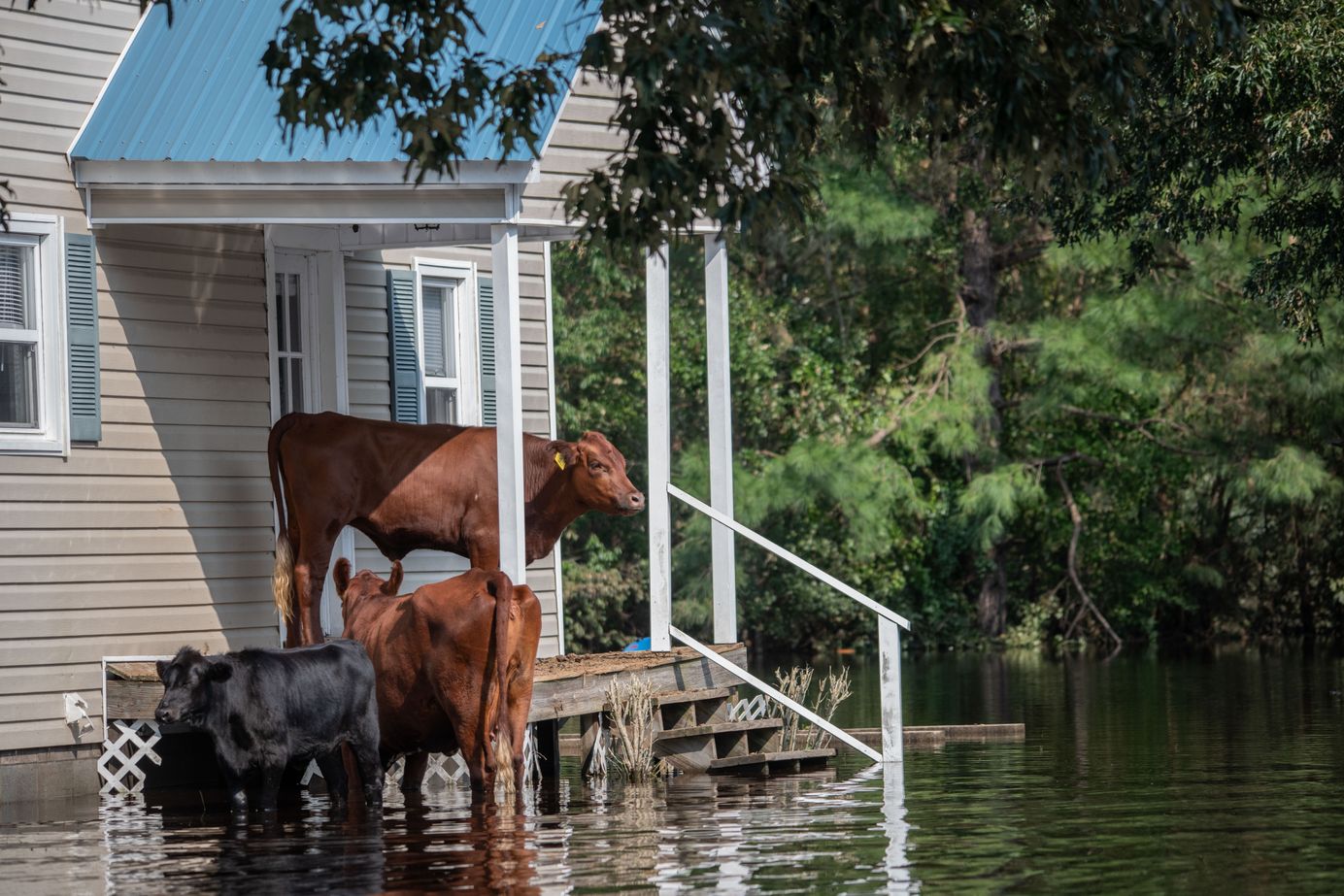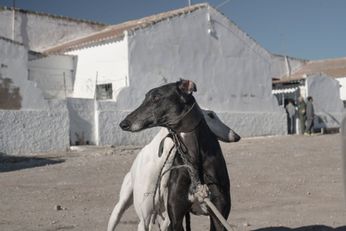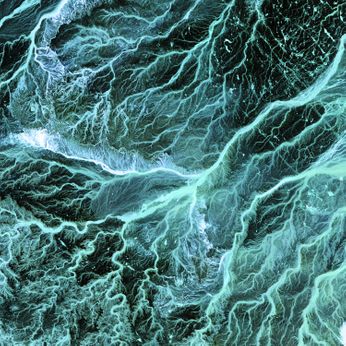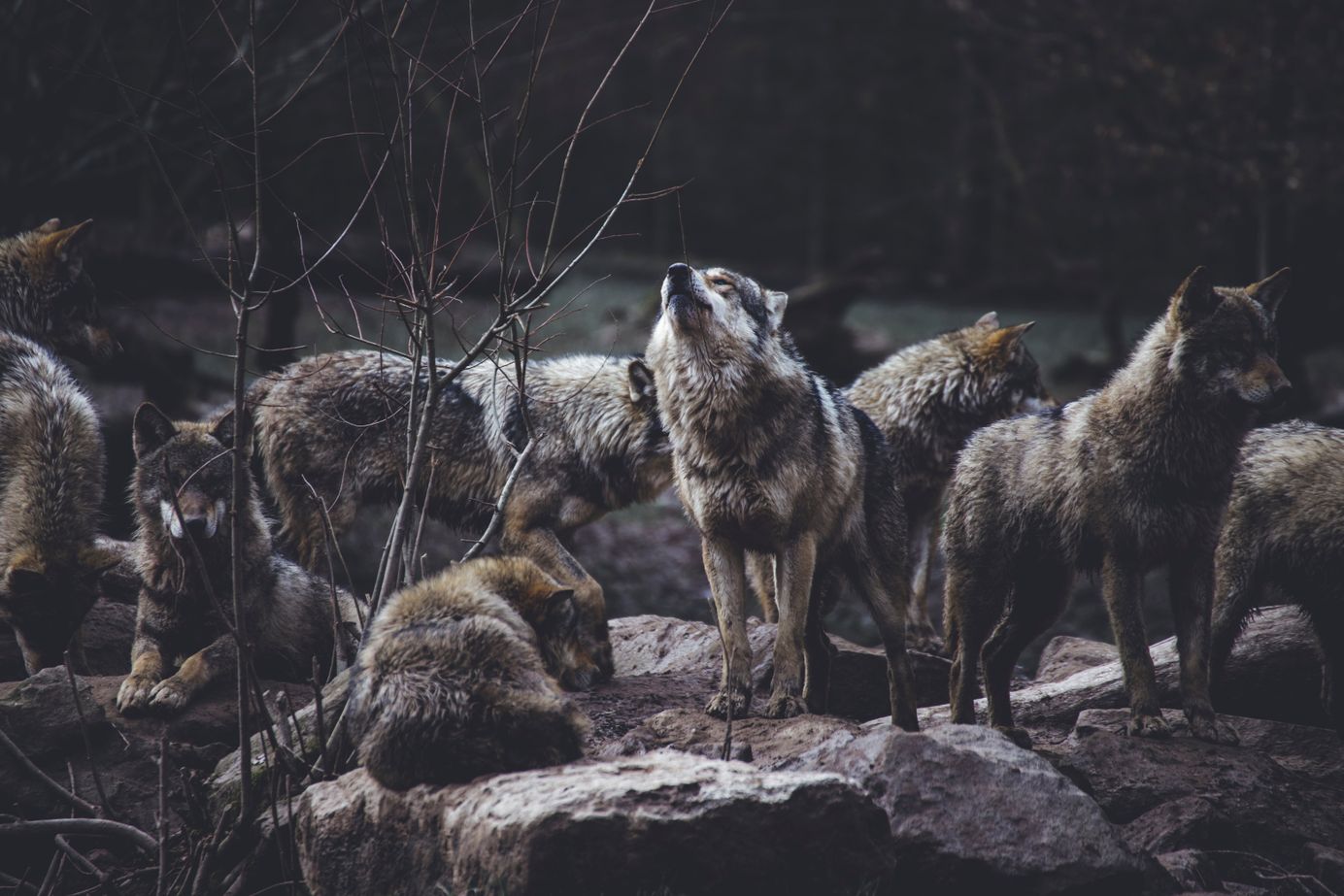
What is Rewilding? Are we prepared to leave Nature on its own?
Today I would like to talk about the fascinating concept of rewilding, which is not new but can bring some answers to our biodiversity crisis.
Table of Contents
I have had in mind for a while now to talk about rewilding. Do you know what that is? It's not a new concept, as numerous programs have been going on for years, but the general media seems not to find it interesting enough to insist on its importance.
What is rewilding?
"Rewilding is a progressive approach to conservation. It's about letting Nature take care of itself, enabling natural processes to shape land and sea, repair damaged ecosystems, and restore degraded landscapes" *
Rewilding aims to do this by reintroducing lost animal species to their original natural environments. We are talking about reintroducing the wolf, the bear, large herbivores, predators, and keystone species at the top of the pyramid, while providing corridors that would connect such areas.
That top-down approach that brings back predators at the top of the food chain, called trophic rewilding, generates impressive biodiversity increases and unique possibilities for restoration and conservation of habitats. So, yes, there are many examples of success with rewilding strategies. The case that presented the concept to me was how the wolf's reintroduction to Yellowstone National Park brought back species, changed a river's course, and altered the landscape. Watch George's Monbiot's TED talk below to get a broader view of that "miracle":
Time to question the ideology of anthropocentrism
Anthropocentrism refers to a human-centered, or "anthropocentric," point of view. In philosophy, anthropocentrism can refer to the point of view that humans are the only, or primary, holders of moral standing
Egos aside, we are just another species among the many on this planet, and we need the rest to survive. Through various expert reports and workshops, UNESCO establishes links between biodiversity loss and the increase in pandemic risk factors. Our environments, the health state of them, prevent us from getting sick in many ways. One example seems to be protection from pathogens escaping their regular hosts to attack us in healthy environments. Other emerging diseases, like autoimmune disorders, seem to be also triggered by environmental factors (I'll come back to this topic in the future, as one of the hiccups I mentioned earlier about my health relates to an autoimmune disease that I seem to have).
Back to biodiversity...
The Living Planet Report 2020 shows an average 68% decrease in population sizes of mammals, birds, amphibians, reptiles, and fish between 1970 and 2016. In addition, it shows a 94% decline in the Living Planet Index, a measure of the state of the world's biological diversity, for the tropical subregions of the Americas is the most significant fall observed in any part of the world.
The time has come to view our planet as a more-than-human world and contemplate the possibility of wilding it up with other voices.
Can we leave Nature on its own?
Taken as a whole, rewilding discourse seeks to erase human history and involvement with the flora and fauna. Nature on its own
(Jørgensen, D. 2014)
This concept brings to mind an utterly nonintuitive idea of what can be considered Nature, its uses, and where it is located, among others. I have always seen Nature being managed as a king of a garden in Spain. Humans were always doing something with the countryside and its animals, generally seen as a hunting game or as a wasted resource. Can we imagine self-managed huge natural spaces without romantic ideas of restoring unrealistic past ecologies in modern times? I hope we can come back to this point with a proper interview with an expert. But I will say one thing echoing an article by National Geographic:
Half of all land on our planet must be kept in a natural state to protect Earth by 2030
Please read the whole article and view the fantastic photo gallery related to it.
On the other hand, other researchers have warned about unintended consequences and over-reach from expectations about what rewilding can do (Nogués-Bravo 2016). In comparison, more traditional land users may see their more conservative values threatened by land-use changes demanded by rewilding (Schnitzler 2014, Rebanks 2015). Beyond its role in conservation, rewilding is also proposed as a remedy for our times' social and psychological malaise. Nature, it is my belief, can cure us in many ways if we pay attention.
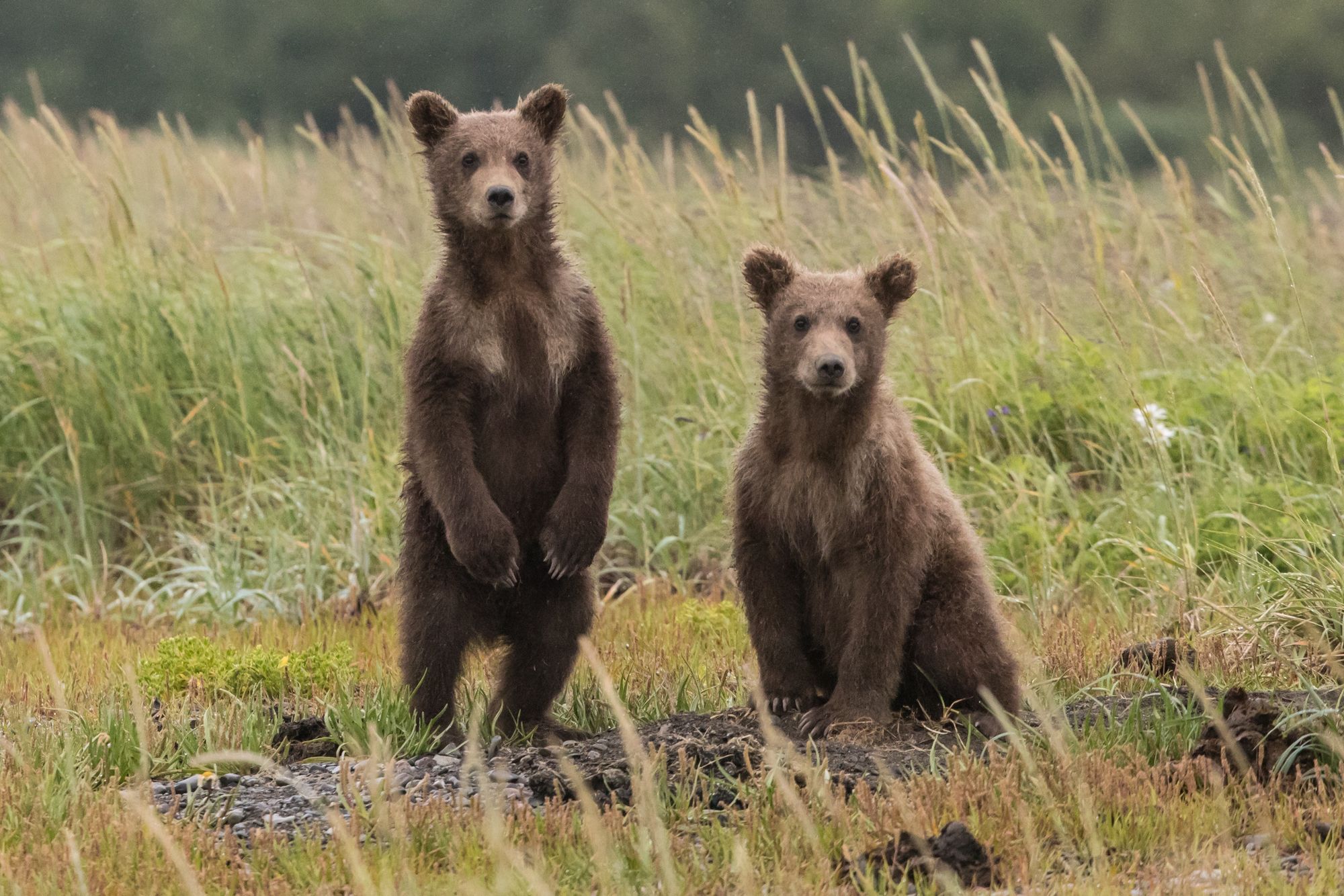
Rewilding projects have implications for a wide range of public policy issues, particularly the future of farming. Rewilding often denotes the idea that the point is to create the conditions for Nature to take care of itself, which means that people would no longer need to manage it. Nature is then seen as the king of a collective participant in relation to who has rights to the land, somehow. My apologies for not being able to find better analogies here. In my mind, Nature will be seen here as an independent actor or collective better to be left on its own. I understand that this comes with problems, but I kind of like the idea.
As people move to cities, a more nuclear society, with denser activity centers, which seems to be the trend, more and more land is left "empty." With the hope of us moving towards more circular economies, less wasteful and more efficient, and understanding that animal agriculture does not make sense, more land will be free for Nature.
Note: I guess these are my five cents of possible futures planning. I hope I can talk to someone about this soon before I lose all my sleep on it.
Until then, I would like to close today's article mentioning an organization called Rewilding Europe, one of the leading rewilding organizations that jumpstarted into existence by realizing the scale of this abandonment.
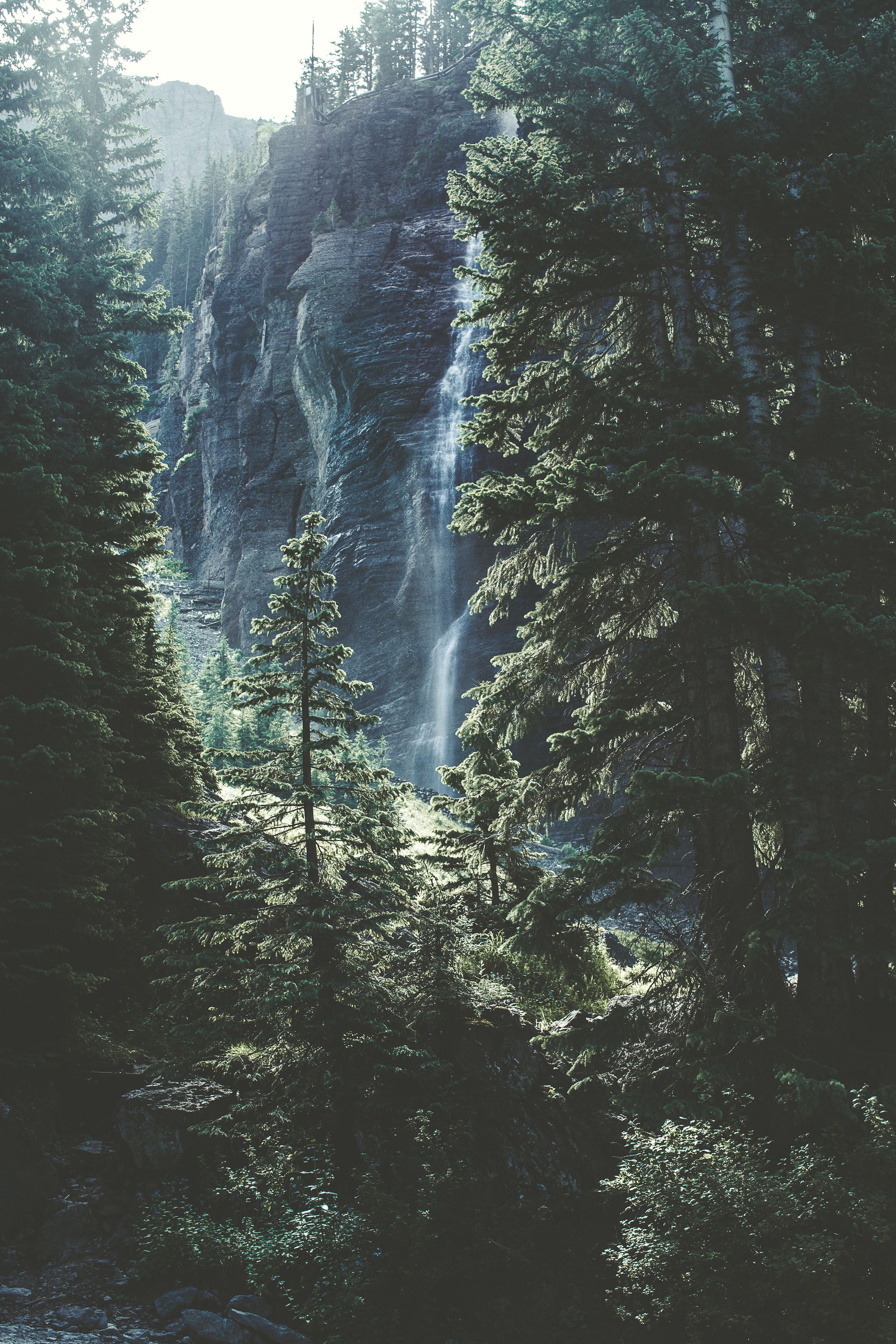
Recap from rewilding.org
Why is Rewilding important?
- Science argues that the structure, diversity, and resilience of ecosystems are often maintained by "top-down" interactions initiated by top predators.
- Because the same science argues that bigness is justified, as wide-ranging predators usually require large cores of protected wild landscape habitat for foraging, seasonal movements, and other needs.
- Science data further argues that connectivity between cores is also required, as remaining core reserves in most regions are typically not large enough.
- Because of the moral argument that humans have a responsibility to other species to restore self-regulating and self-sustaining ecological communities.
- Because science (ecopsychology) argues that "people need nature" for the mental and physical well-being gained by experiencing Nature, particularly the subjective and emotional essence of "the wild" or wilderness.
I hope this was useful to you.
If my work has enlarged and enriched you in any way, please consider helping this platform by becoming a member. Your support makes all the difference.
MoonLeaks Newsletter
Join the newsletter to receive the latest updates in your inbox.


